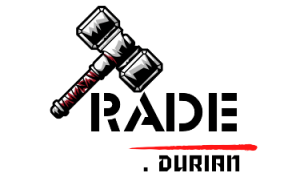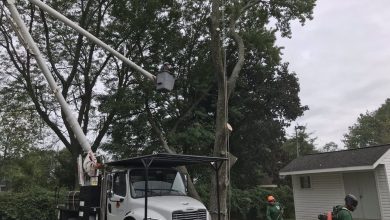Pipe blockages can be a homeowner’s nightmare, leading to clogged sinks, slow drains, and even sewage backups. It’s essential to understand the causes, prevention, and solutions for pipe blockages to maintain a smoothly functioning plumbing system. In this article, we will explore pipe unblocking, including its common causes, preventive measures, and effective solutions to keep your plumbing in top shape Débouchage Canalisation.
When it comes to maintaining a smooth flow of water in your plumbing system, pipe unblocking is an essential task that shouldn’t be overlooked. While there are numerous reasons why pipes get blocked, the key is to address the issue promptly before it escalates into a full-blown plumbing disaster. One often overlooked aspect of pipe unblocking is the importance of regular maintenance and preventive measures.
Regular inspections by a professional plumber can help identify potential blockages and fix them before they become major problems. Additionally, adopting simple habits like using drain guards and avoiding flushing non-flushable items can go a long way in preventing blockages. Furthermore, paying attention to warning signs such as slow drains or unusual gurgling noises can help you catch issues early on and take appropriate action.
In some cases, homemade remedies or DIY methods may work for minor blockages. For instance, pouring hot water mixed with vinegar down your drain can sometimes dissolve small obstructions caused by grease or food particles. However, it’s important to note that not all clogs can be easily removed without professional assistance. Stubborn blockages caused by tree roots or significant build-up may require specialized equipment and expertise to tackle effectively.
By understanding the causes of pipe blockages and investing time in proper preventive measures and maintenance, you can minimize the risk of facing a plumbing nightmare. Remember, it’s always better to be proactive when it comes to caring for your plumbing system rather than dealing with costly repairs down the line. So stay vigilant, engage professionals when
Understanding Pipe Blockages
Pipe blockages occur when foreign materials or substances obstruct the flow of water or sewage through your plumbing system. Common causes of pipe blockages include:
- Foreign Objects: Items like toys, sanitary products, and small objects can accidentally find their way into drains and pipes, causing blockages.
- Grease and Fat: Pouring hot grease or fat down the kitchen sink can lead to the buildup of congealed fats in the pipes, creating a blockage over time.
- Hair: Hair is a frequent culprit in bathroom sink and shower drain blockages. It can combine with soap residue to form clogs.
- Food Debris: Food particles can accumulate in kitchen sink drains, particularly if a garbage disposal isn’t used, leading to blockages.
- Toilet Paper and Wipes: Excessive use of toilet paper or flushing non-flushable wipes can result in toilet blockages.
Preventive Measures
Preventing pipe blockages is often more straightforward than dealing with the consequences. Here are some preventive measures you can take:
- Use Drain Guards: Install drain guards or strainers in sinks and showers to catch hair and debris.
- Dispose of Grease Properly: Allow cooking grease and fat to cool and solidify before disposing of them in the trash rather than pouring them down the sink.
- Don’t Flush Non-Flushables: Ensure that only toilet paper is flushed down the toilet, and dispose of items like wipes, sanitary products, and dental floss in the trash.
- Regular Maintenance: Schedule regular plumbing maintenance to detect and address any potential issues before they turn into blockages.
Solutions for Pipe Unblocking
If you’re already facing a pipe blockage, there are several solutions to consider:
- Plunger: A plunger can be used to dislodge minor blockages in sinks, showers, and toilets.
- Chemical Drain Cleaners: Chemical drain cleaners can dissolve minor clogs, but use them cautiously and according to the manufacturer’s instructions.
- Manual Removal: For more stubborn blockages, you may need to manually remove the clog using a drain snake or a bent wire hanger.
- Professional Help: If you’re unable to clear the blockage yourself or if it’s a recurring issue, it’s best to seek the assistance of a professional plumber who can use specialized equipment to identify and remove the blockage.
- Preventative Maintenance: Once the blockage is cleared, consider regular preventative maintenance to avoid future issues. This may include professional drain cleaning, inspecting and repairing damaged pipes, and installing protective devices like backflow preventers.
Conclusion
Pipe unblocking is a crucial part of maintaining a functional plumbing system in your home. By understanding the causes of pipe blockages, taking preventive measures, and knowing how to address blockages when they occur, you can ensure that your plumbing flows smoothly. Remember that for more severe or recurring blockages, it’s always advisable to seek professional assistance to prevent further damage to your plumbing system. With the right knowledge and maintenance, you can keep your pipes clear and your plumbing in excellent working order.





